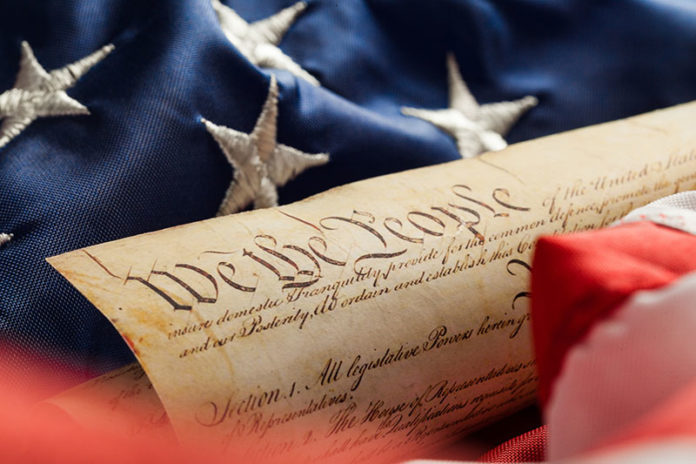By contrast, in our country, the president, as the chief executive, is elected by the citizenry at-large (technically, through “electors”), and therefore answerable to the People of the entire country; not to the Legislative Branch.
Conversely, and in another important principle incorporated into the Constitution, Members of the Legislative Branch (the two Houses of Congress) neither answer to nor are to be controlled by the President. Rather, each Member of Congress (whether Representative or Senator) is to reflect and be answerable to the constituents of his or her district or state; not to the President. While those interests may from time to time coincide, U.S. Representatives and Senators are not serving in that august institution merely to do a president’s bidding.
So, what has changed (other than a profound ignorance of the principles undergirding our constitutional form of government)? Why do Republican Members of Congress by and large consider it their bounden duty to use their powers and responsibilities to do the bidding of a president simply because the person occupying that office is of the same political party as are they? Similarly, why do Democrats operate in the same mode when the White House is occupied by a person with a “D” after their name?
In a word, what has turned our political structure on its head, is the one thing our Founding Fathers disdained and warned us about – party politics. Especially in the closed, two-party system that has constrained politics in America for more than a century and a half, the primary allegiance deemed important to the vast majority of Representatives and Senators now serving, is to the President who happens to be of their same political party.
If the president is a Republican, the congressional leaders of that party consider it their obligation to employ their powers to enact his agenda; and failure to toe that line is considered cause for punishment. The Democrats operate in just the same manner.
Thus have the lines between the Executive and Legislative Branches become muddled, if not largely erased; and most Members of Congress now rarely assert a voice or an agenda independent from that of the president.
Members not of the president’s party consider it their primary responsibility to oppose the Administration’s agenda; those who share the president’s political affiliation view it as their almost sacred responsibility to do whatever they can to support the agenda of “their” president.
The current battle between the Congress and President Trump regarding “the wall” is but the most recent example of how far we have drifted from the principle of a Congress as not only a “co-equal” branch of government, but an independent one.
Republicans assert that they and their fellow GOP members “must” support the wall simply because President Trump demands it and made it a signature issue of his 2016 campaign. Democrats adamantly oppose the “wall” and anything else Trump advocates, because he is not of their party and based on the fact he desires it.
What is at stake here is not “the wall” or any other specific program championed by this president or one of his predecessors. What has been lost – and is an ingredient vital for the proper functioning of our country’s government for the benefit of the citizenry – is a Legislative Branch fueled by independent regard for ideas and principles rather than blind loyalty to a political party.






























